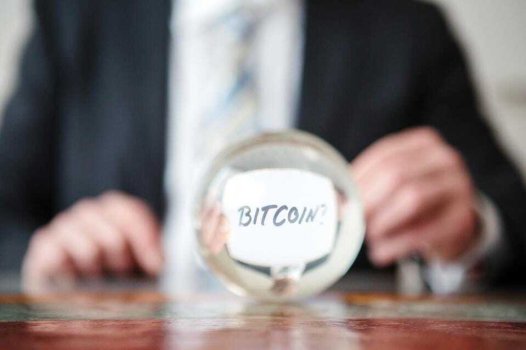This connection allows smart contracts, or lines of code that initiate unstoppable commands, to execute transactions that rely on information not on the blockchain–for example, interest rates, temperatures, and third-party lists–with assurance the information hasn’t been tampered with. Tokens used to verify oracle data are worth more than $4 billion, according to data site CryptoSlate.
Why Do Blockchains Need Oracles?
Oracles themselves are not the source of real-world information, instead, they gather it from existing databases and communicate the data in a reliable way to the blockchain. The relationship between oracles and blockchains is reciprocal. Oracles can receive on-chain data to distribute to external applications like banking apps.
This provides potential new uses for enterprises, such as supply-chain tracking, which traces products from their source to consumers and bonds that rely on third-party interest rates. Existing systems can simply integrate with the decentralized network.
Blockchains and their public ledgers can be compared to a computer without an internet connection; such a device would be unable to search for and take in real-world data. A computer with no internet can only access what is stored on its local hard drives.
Similarly, a blockchain can only access the transactions recorded on its distributed ledger, which limits the number of applications that can be used without real-world information. Oracles provide this internet connection. They enable blockchains to find and access outside information for on-chain smart contracts.
Continue reading: https://www.forbes.com/sites/matthewmastando/2022/10/13/why-do-blockchains-need-oracles/?sh=651ecfbd1bd7
Why Do Blockchains Need Oracles?
Oracles themselves are not the source of real-world information, instead, they gather it from existing databases and communicate the data in a reliable way to the blockchain. The relationship between oracles and blockchains is reciprocal. Oracles can receive on-chain data to distribute to external applications like banking apps.
This provides potential new uses for enterprises, such as supply-chain tracking, which traces products from their source to consumers and bonds that rely on third-party interest rates. Existing systems can simply integrate with the decentralized network.
Blockchains and their public ledgers can be compared to a computer without an internet connection; such a device would be unable to search for and take in real-world data. A computer with no internet can only access what is stored on its local hard drives.
Similarly, a blockchain can only access the transactions recorded on its distributed ledger, which limits the number of applications that can be used without real-world information. Oracles provide this internet connection. They enable blockchains to find and access outside information for on-chain smart contracts.
Continue reading: https://www.forbes.com/sites/matthewmastando/2022/10/13/why-do-blockchains-need-oracles/?sh=651ecfbd1bd7

